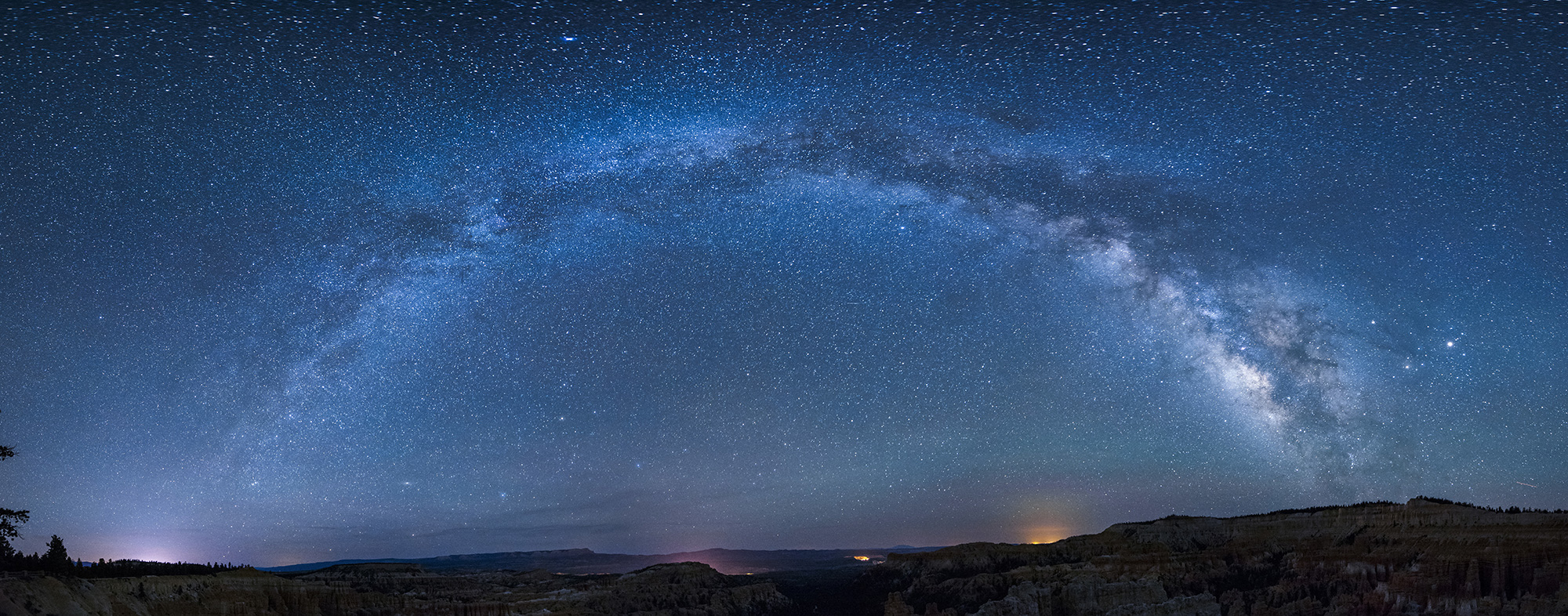
Why Study Astronomy at UF?
Exceptional Opportunities, World-Class Resources
The graduate program in the Department of Astronomy at the University of Florida offers students a vibrant community actively engaged in research, education and outreach.
Here are just some of the many reasons you should consider making UF your home for graduate studies.
Access to a World-Class Telescope
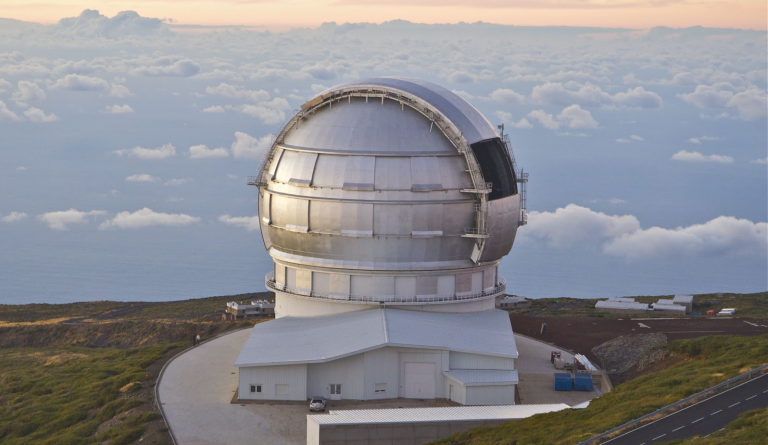
The Gran Telescopio Canarias (GTC) is the largest optical and infrared telescope in the world.
Located on the island of La Palma, in the Canaries, Spain, our department operates the GTC in partnership with Spain and Mexico.
Outfitted with instruments made right here at UF, our stake in the telescope means dedicated time for interested students to conduct research.
Learn More About the Telescope
An Innovative Instrumentation Program
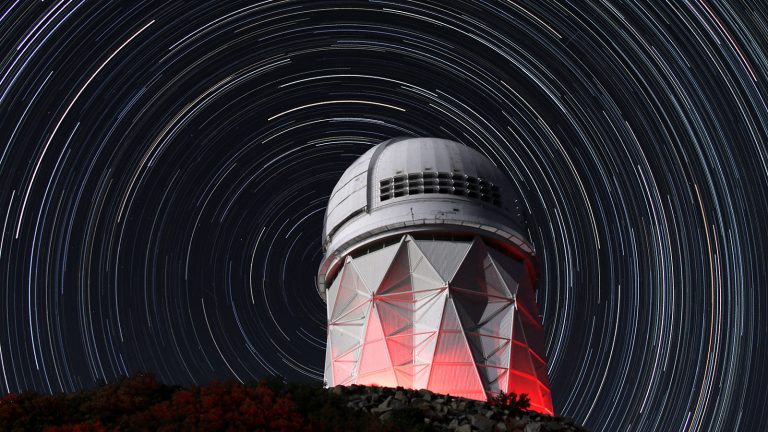
Speaking of house-made instruments, our in-house design-through-fabrication instrumentation program creates world-class astronomy detectors and devices.
For example, the MIRADAS instrument (located on the 4th floor of our building) is a $10M, near-IR multi-object spectrograph led by UF astronomy for the GTC. We always have another great idea under design or prototyping as well.
Research on a Powerful Supercomputer
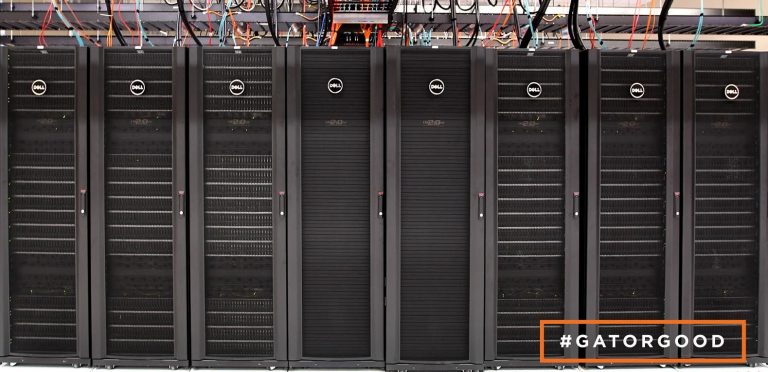
UF provides researchers with access to HiPerGator, one of the most powerful computers at a U.S. public university. HiPerGator undergoes regular upgrades to ensure it remains a competitive computational resource.
The Astronomy Department is one of the largest users of HiPerGator with UF faculty having access to >10,000 CPUs and >1 PB of disk storage. UF Astronomers run massive computational simulations and analyze data from HST, ALMA, VLA, GTC, and many other world class telescopes on HiPerGator.
Faculty
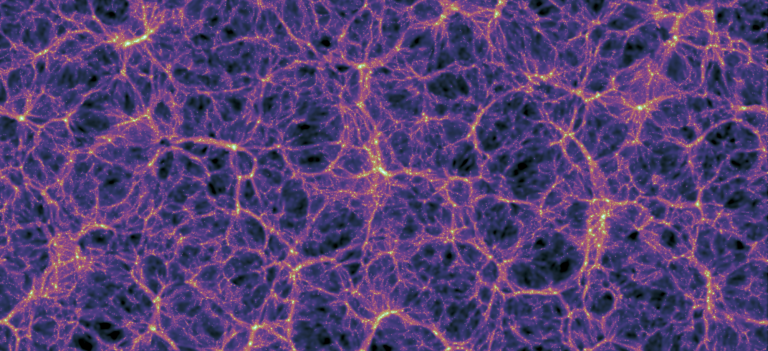
UF has hired 500 new faculty members over the past four years, greatly expanding our research footprint. The Department of Astronomy has hired seven new faculty members during this time period, allowing us to better meet the needs of all students while providing graduate students with the resources they need to succeed.
Our faculty include a winner of the Presidential Early Career Scientist Award, the Annie Jump Cannon Prize of the AAS, a legacy fellow of the American Astronomical Society, a recent winner of UF’s Excellence Award for Assistant Professors, as well as many former holders of the most well-known post-doctoral fellowships in the field such as Einstein, Hubble, Sagan, and Jansky. Our faculty regularly bring in highly competitive NSF and NASA grants to support our students.
Get to Know Gainesville
Located in North Central Florida, Gainesville is a vibrant and growing city. Surrounded on all sides by well-kept trails, freshwater springs and wide-open prairies, Gainesville combines the beauty of nature with a dynamic, forward-thinking community.
Offering a bustling downtown, award-winning schools, a thriving food scene and plenty of cultural amenities, Gainesville truly is a small town with a big city feel. Consistently rated as one of Florida’s most livable cities, Gainesville is a city where you can enjoy year-round outdoor activities thanks to a favorable climate.
Enjoy museums? Gainesville is home to the largest natural history museum in the Southeast and an impressive art museum. Want to take in a show? Many Broadway productions stop at the Curtis Phillips Center for the Performing Arts. Looking to just enjoy a casual night out on the town? Stop at any number popular local restaurants and bars.
And if you feel like getting out of town for a weekend, Jacksonville and Orlando are just a short drive away — along with tons of historic and cute beach towns.
Questions? Click here for contact information.
